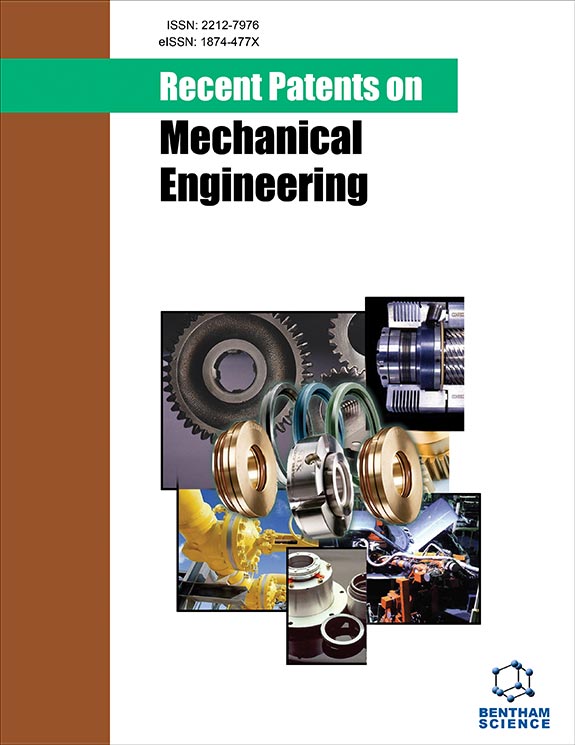Submission Tilte
AI and Blockchain Integration for Decentralized Autonomous Vehicles - Challenges and Innovations
Submission Abstract:
The development of autonomous vehicles (AVs) holds up a plethora of exciting possibilities, such as enhanced safety and decreased energy usage, pollution, and traffic jams. These engines do, however, contain a number of security and privacy flaws that, if ignored, could negate the anticipated advantages. AVs will give hackers new ways to launch destructive assaults, which is a serious risk to data security and mobility in the future. AI can optimize the blockchain's architecture to make it more effective, safe, and energy-efficient. The blockchain gives solutions powered by AI data the permanence and a trust mechanism, which makes them more transparent, reliable, and understandable. A decentralized database of trustworthy digital records maintained by the connecting networks is essentially what blockchain technology is. Conversely, artificial intelligence (AI) and its applications have been employed to create futuristic machines with intelligence comparable to that of humans. The transport sector has undergone a shift as a result of the enormous development in the usage of both technologies in networked transportation.
Due to its complexity, the AV system is susceptible to privacy and security breaches that could jeopardize users' and clients' lives. Blockchain, with its modular technique, stability, and transparency of data, has been proven to be a more effective security solution than typical centralized security solutions for antivirus applications. The law's code and application must change as autonomous vehicles progressively take over driving responsibilities. International standards are in place to give individuals the safest and most secure travel experience possible. Thus, driverless cars need to demonstrate that they meet the intended level of safety. But when it comes to AVs, which can evaluate the possible implications of different options and act appropriately in milliseconds, faulty decision-making then becomes an issue of heated discussion and legislation. The required moral standards, which vary depending on the individual, must be met by the AV. The uses of smart contracts and blockchain technology have proved the ability to build and enable self-sustaining business models that can endure difficulties with the environment and supply chain unpredictability. The blockchain can enhance motor vehicle network protocols, lower the danger of data breaches, and offer appropriate data encryption techniques.
To determine the key benefits and difficulties in applying blockchain and AI to transportation systems alongside other related fields, as well as solutions, a thorough state-of-the-art review of the pertinent literature is conducted. In order for these advancements to be developed and successfully used in transportation systems, this special issue also identifies several crucial future scientific needs.




